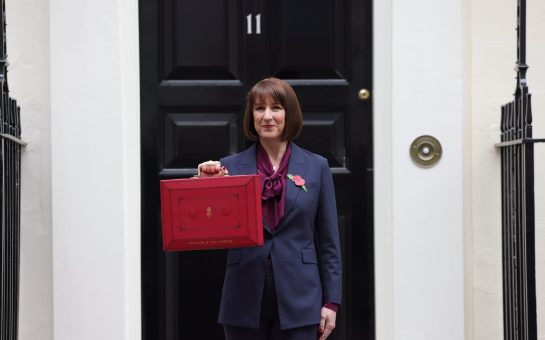Labour’s victory in the Oldham West and Royton by-election is down to a strong local candidate and ‘says nothing about Jeremy Corbyn’, according to a leading academic.
Jim McMahon, the 35-year-old leader of Oldham council, won a resounding victory in last night’s poll, securing over 10,000 more votes than the second-place UKIP candidate.
The result was hailed as a ‘vote of confidence’ in the party by Labour leader Jeremy Corbyn, who has faced heavy criticism since his election in September.
But Wyn Grant, a professor of politics at the University of Warwick, does not believe the result is an endorsement of Mr Corbyn’s leadership.
He told MM: “You had a local candidate with a strong track record who was from Oldham.
“The other candidates weren’t from Oldham, and I think in by-elections these local factors weigh rather more heavily than they would in a general election.
“Jim McMahon is a candidate on the centre-left of the party; he’s certainly not someone who identifies with the positions that Jeremy Corbyn holds.”
McMahon is seen as a more pragmatic, pro-business figure compared to Corbyn, who has called for a reduction in business subsidies as part of his anti-austerity stance.
Professor Grant said Labour would need to become more moderate if it is to have any chance of winning seats it failed to take in this year’s general election.
However, he added that there are signs of a crisis in the Labour Party and there is a danger that its internal divisions will widen.
“Clearly there’s a tension between a lot of the activists – particularly the activists who joined Labour and became involved in Labour because of the Corbyn leadership campaign – and the bulk of the parliamentary Labour Party, very few of whom identify with Jeremy Corbyn’s position,” he said.
“It could then lead to attempts to deselect or at least not reselect existing MPs, which would cause even more trouble.”
UKIP leader Nigel Farage had hoped for a breakthrough in the Oldham by-election as part of his party’s strategy to win seats in Labour’s traditional heartlands.
A large swing to UKIP failed to materialise, however, as candidate John Bigley took 6,487 votes to McMahon’s 17,209.
Professor Grant described the result as ‘a failure for UKIP’s northern strategy’.
“It’s evident from the reports I’m seeing that the local muslim community stayed pretty solid with Labour and indeed this seems to be the cause of complaint from Nigel Farage,” he said.
“But I think really what you had was a candidate who was well-known locally and was addressing the issues that people were concerned about on the doorstep.
“Which weren’t about Syria but were issues about tax credits, the effects of austerity and so on.
“It’s one thing to come in second place, but if you’re some way behind in second place, then the chances of turning that into a victory in the next general election are not that good.”
Image courtesy of Donkeyhotey, with thanks.



